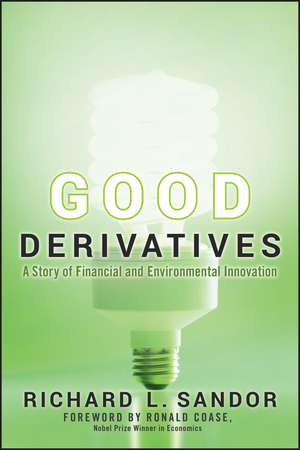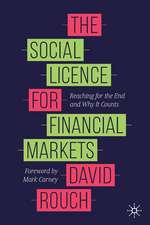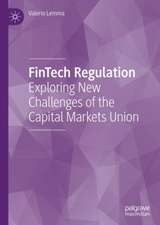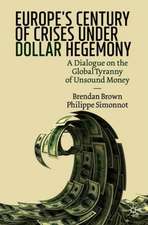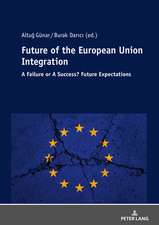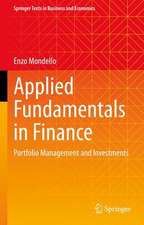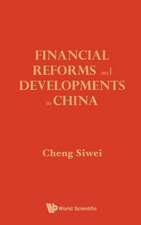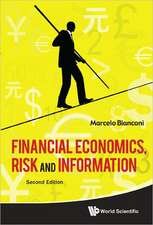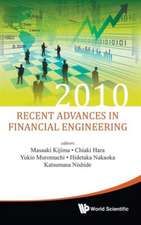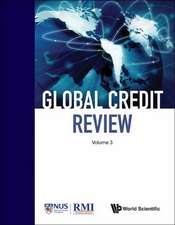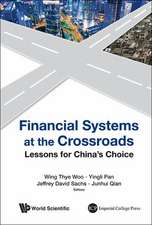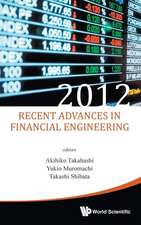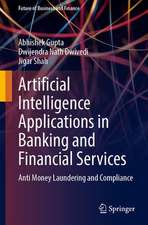Good Derivatives – A Story of Financial and Environmental Innovation
Autor RL Sandoren Limba Engleză Hardback – 26 mar 2012
Preț: 280.21 lei
Nou
Puncte Express: 420
Preț estimativ în valută:
53.62€ • 55.98$ • 44.38£
53.62€ • 55.98$ • 44.38£
Carte disponibilă
Livrare economică 14-28 martie
Preluare comenzi: 021 569.72.76
Specificații
ISBN-13: 9780470949733
ISBN-10: 0470949732
Pagini: 640
Dimensiuni: 152 x 229 x 36 mm
Greutate: 0.98 kg
Ediția:New.
Editura: Wiley
Locul publicării:Hoboken, United States
ISBN-10: 0470949732
Pagini: 640
Dimensiuni: 152 x 229 x 36 mm
Greutate: 0.98 kg
Ediția:New.
Editura: Wiley
Locul publicării:Hoboken, United States
Public țintă
Active individual traders and investors; professional investors.Cuprins
Notă biografică
Richard L. Sandor is Chairman and Chief Executive Officer of Environmental Financial Products LLC, which specializes in inventing, designing, and developing new financial markets with a special emphasis on investment advisory services. EFP was established in 1998 and was the predecessor company and incubator to the Chicago Climate Exchange (CCX), the European Climate Exchange (ECX), and the Chicago Climate Futures Exchange (CCFE). Dr. Sandor was honored by the City of Chicago for his contribution to the creation of financial futures and his universal recognition as the "father of financial futures." In October 2007, he was honored as one of Time magazine's "Heroes of the Environment" for his work as the "Father of Carbon Trading." Dr. Sandor is a Distinguished Professor of Environmental Finance at Guanghua School of Management at Peking University and a Lecturer in Law at The University of Chicago Law School.
Descriere
Through the eyes of an inventor of new markets, Good Derivatives: A Story of Financial and Environmental Innovation tells the story of how financial innovation a concept that is misunderstood and under attack - has been a positive force in the last four decades.
